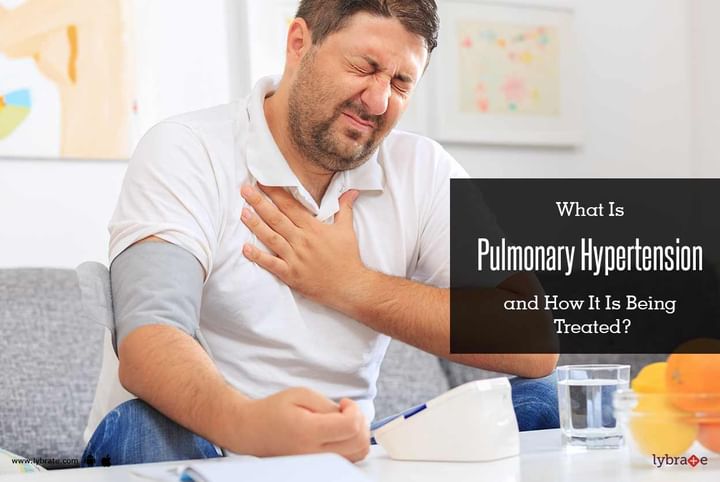What Is Pulmonary Hypertension and How It Is Being Treated?
Having heard about getting any sort of pulmonary disease might give you a nightmare. Well, yes there are pulmonary problems, which are dangerous and become life threatening. Pulmonary hypertension is one such rare disease. It is a type of high blood pressure, which usually occurs in the pulmonary arteries that stream from human heart through lungs. The arteries become narrowed, constricted, which makes the flow of blood difficult through the vessels. As the situation occurs, the heart will have to work more to fix the situation. This causes high blood pressure in the pulmonary arteries. If the condition deteriorates the pressure increases along with risk factors.
Symptoms of pulmonary hypertension:
There are certain symptoms, which people experience under the pulmonary hypertension disease. The symptoms might get unnoticed for years and you might get delayed in treating such problems. This article can help you know about the disease, symptoms and its treatment.
There is a list of symptoms, which can help you understand if you have pulmonary hypertension:
- One of the major symptoms that you may notice is shortness of breath. The arteries and blood vessels which help in flowing blood through lungs help in breathing too. So a narrowed and constricted artery makes the inhalation and exhalation procedure laborious.
- The next symptom that you might notice is fatigue and dizziness. If your lungs are not getting enough blood that means your brain and body are not getting enough oxygen to work. This hinders your body to perform any kind of activities smoothly. This can make you gain weight and increase several risk factors.
- Next, you might feel irregular heartbeat and chest pain. Increased pressure makes the heart work faster than its normal rate. This further makes the heart muscles weaker, and it is not able to control the heartbeat as it used to.
Treatment of pulmonary hypertension:
- Pulmonary hypertension is generally treated with medication and surgery. Depending on its severity, your doctor will prescribe the medicines. Generally, doctors prescribe such medicines, which help in relaxing the blood vessels. The relaxed blood vessels can regulate blood flow easily. All the medicines are generally taken orally or injected or inhaled.
- If you adopt a severe case of pulmonary hypertension, then your doctor might suggest you a lung transplant or a heart-lung transplant.
- Depending upon the type of pulmonary hypertension, your doctor may prescribe you blood-thinning medicines also, if you have blood clots in your arteries.
- In a certain cases, doctors prescribe oxygen therapy, which helps in increasing the oxygen level in blood.
- With the above mentioned methods, doctors ask for a change in lifestyle, which is important in treating the specific disease.



+1.svg)
